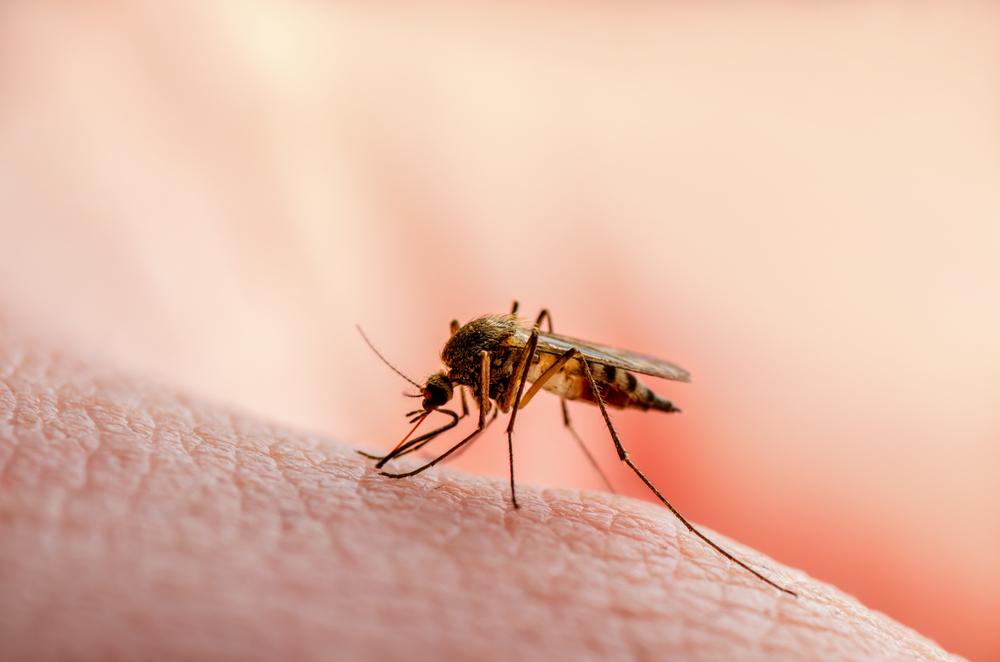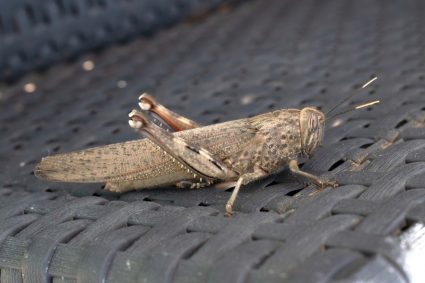
Insecticides are a common method used to control mosquito populations. They are chemicals designed to kill or manage insects, and many target the nervous system of these pests. But how effective are they at killing mosquitoes? Let’s delve deeper into this subject.
Yes, insecticides can kill mosquitoes. They work by disrupting the normal functioning of the mosquito’s nervous system, leading to paralysis and death. However, their effectiveness can vary depending on the mosquito species, resistance to specific chemicals, and the method of application. It’s also important to note that continuous use of insecticides can lead to resistance in mosquitoes, making them less effective over time. Therefore, it’s crucial to use insecticides judiciously and in conjunction with other control methods.
How Do Insecticides Work?
Insecticides work by disrupting the normal functioning of the insect’s nervous system. Different classes of insecticides, such as pyrethroids, neonicotinoids, chlorinated hydrocarbons, carbamates, and organophosphates, are commonly used to control adult mosquitoes. These chemicals interfere with the functioning of the nervous system, leading to paralysis and death of the insect. For instance, organophosphates cause an accumulation of acetylcholine at neuromuscular junctions, causing rapid twitching of voluntary muscles, eventually leading to paralysis.
Effectiveness of Different Insecticides
Not all insecticides are equally effective in killing mosquitoes. The efficacy of the insecticides depends on various factors including the mosquito species, their resistance to specific chemicals, and the method of application. Common classes of insecticides used in mosquito control include pyrethroids, organochlorines, organophosphates, and carbamates. However, mosquitoes can develop resistance to these synthetic insecticides over time, making them less effective.
Botanical or plant-based insecticides are emerging as potential alternatives due to their minimal hazardous effects on human health and the environment. The World Health Organization (WHO) recommends using different classes of bioinsecticides with different modes of action to prevent resistance problems.
Insecticide Resistance in Mosquitoes
Continuous use of insecticides can lead to resistance in mosquitoes. This resistance can render these chemicals less effective, compromising efforts to control mosquito-borne diseases. Resistance can develop due to overuse, misusage, or overdose of insecticides, and it has been reported in major malaria vectors such as Anopheles mosquitoes and Aedes mosquitoes, which are responsible for transmitting diseases such as dengue, Zika, and chikungunya.
Environmental and Health Impact of Insecticides
The use of insecticides to control mosquito populations can have several environmental impacts. These include potential health problems for humans and animals, environmental damage, and impact on non-target organisms. The presence of insecticides can also interact with other environmental factors, affecting overall mosquito responses and the selection of resistance mechanisms.
Alternatives to Insecticides
While insecticides can effectively control mosquito populations, it’s important to consider alternative methods that can be used in conjunction with, or instead of, chemical control. Some of these alternatives include Integrated Pest Management (IPM), source reduction, use of structural barriers, biological control, natural repellents, traps, environmental control, and personal protection.
Biological Control Methods
Several biological control methods can be used to reduce mosquito populations. These include the use of Bacillus thuringiensis israelensis (Bti) and Bacillus sphaericus (Bs), mosquito fish, predatory insects, other mosquito predators, Wolbachia endosymbiotic bacteria, and entomopathogenic fungi.
In conclusion, while insecticides can kill mosquitoes, their effectiveness can be influenced by factors such as mosquito species, resistance, and environmental conditions. Therefore, it’s essential to use them judiciously and in conjunction with other control methods to effectively manage mosquito populations and reduce the risk of mosquito-borne diseases.
Frequently Asked Questions
What are pyrethroids and how do they work?
Pyrethroids are a type of synthetic insecticides that are chemically designed to mimic the natural insecticide pyrethrum which is derived from chrysanthemum flowers. They work by altering the function of the nervous system in insects, leading to paralysis and eventually death.
What is Integrated Pest Management (IPM)?
Integrated Pest Management (IPM) is a sustainable, science-based, decision-making process that combines biological, cultural, physical, and chemical tools to identify, manage, and reduce risk from pests and pest management related strategies.
How does resistance develop in mosquitoes?
Resistance in mosquitoes can develop through a process of natural selection. Mosquitoes that have genes that make them resistant to a particular insecticide will survive and reproduce, passing on these resistant genes to their offspring. Over time, the population of mosquitoes will become more resistant to the insecticide.
What are the potential health problems for humans associated with the use of insecticides?
Exposure to insecticides can lead to a range of health issues in humans, from mild irritation or allergic reactions to more serious conditions like respiratory problems, nervous system disorders, and even cancer in some cases.
What is the role of Bacillus thuringiensis israelensis (Bti) and Bacillus sphaericus (Bs) in biological control methods?
Bacillus thuringiensis israelensis (Bti) and Bacillus sphaericus (Bs) are bacteria that produce toxins harmful to certain insects, including mosquitoes. They are used in biological control methods as they can be introduced into the environment to kill mosquito larvae without causing harm to other organisms.












